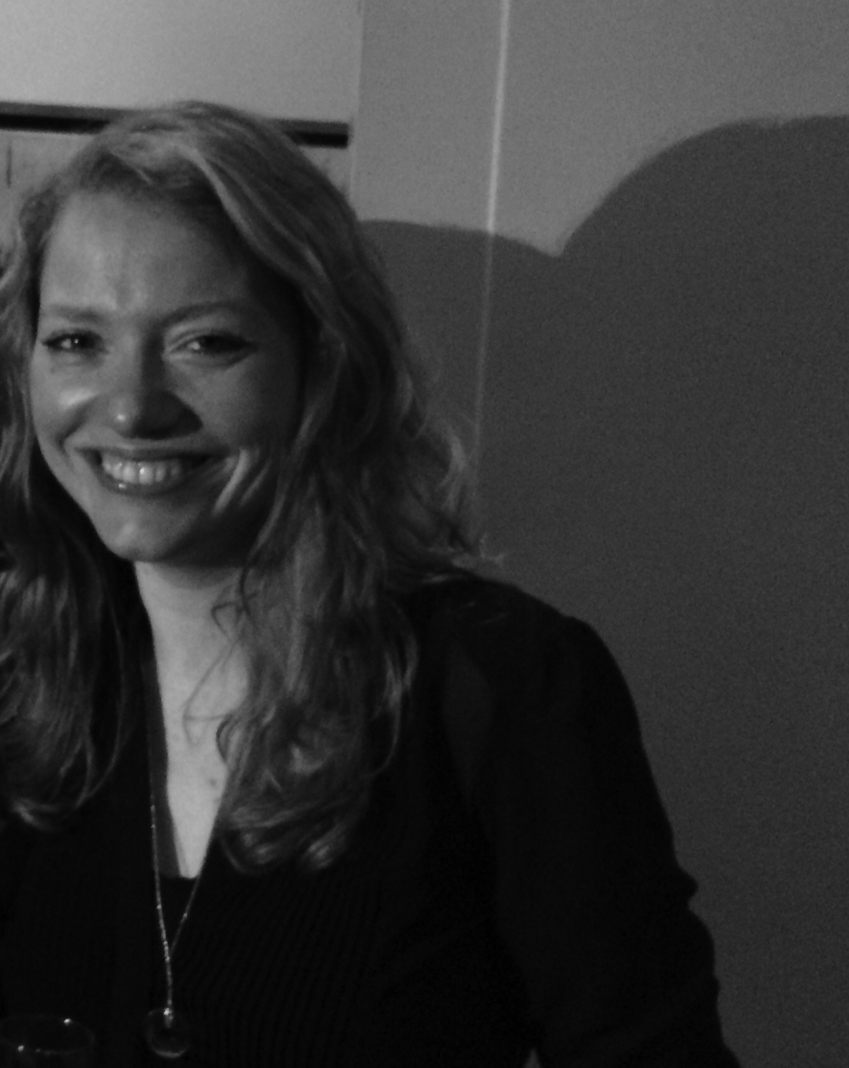Iris Burgers is an assistant professor of Architectural History at the Department of Art & Culture, History, and Antiquity. In 2021, she defended her thesis entitled Imagination, Visualization and Architecture: Amsterdam Airport Schiphol from 1919 until 2006 at Vrije Universiteit. She also teaches for the bachelor of Media, Art, Design and Architecture (MADA), the master Architecture, Cities, Landscapes: History & Heritage. She focuses specifically on architectural history and theory of the twentieth century.
Iris is a board member of the Environmental Humanities Center Amsterdam and a series editor of the Routledge Landscape and Heritage Studies Series.
Since April 2024 Iris is a member of the Adviescommissie Cultuurhistorie Leiden.
